
Franz Schmidt, also Ferenc Schmidt was an Austro-Hungarian composer, cellist and pianist.
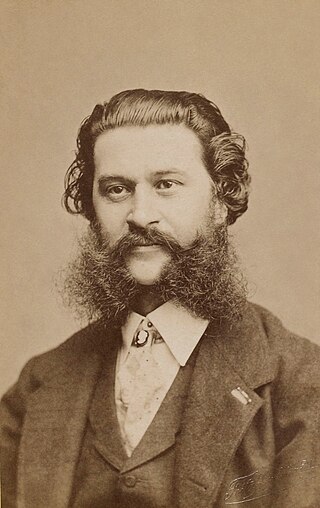
Johann Baptist Strauss II, also known as Johann Strauss Jr., the Younger or the Son, was an Austrian composer of light music, particularly dance music and operettas as well as a violinist. He composed over 500 waltzes, polkas, quadrilles, and other types of dance music, as well as several operettas and a ballet. In his lifetime, he was known as "The Waltz King", and was largely responsible for the popularity of the waltz in Vienna during the 19th century. Some of Johann Strauss's most famous works include "The Blue Danube", "Kaiser-Walzer", "Tales from the Vienna Woods", "Frühlingsstimmen", and the "Tritsch-Tratsch-Polka". Among his operettas, Die Fledermaus and Der Zigeunerbaron are the best known.

Franz Lehár was an Austro-Hungarian composer. He is mainly known for his operettas, of which the most successful and best known is The Merry Widow.
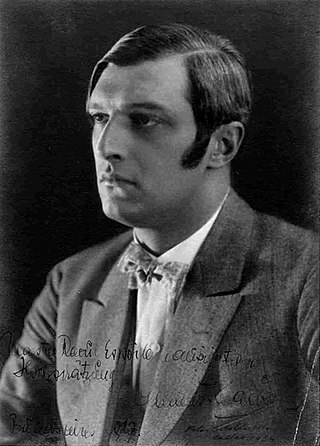
Clemens Heinrich Krauss was an Austrian conductor and opera impresario, particularly associated with the music of Richard Strauss, Johann Strauss and Richard Wagner. He founded the New Year's Concert of the Vienna Philharmonic and conducted it until 1954.
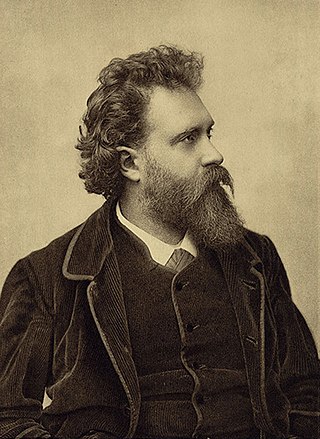
Wilhelm Kienzl was an Austrian composer.

Richard Franz Joseph Heuberger was an Austrian composer of operas and operettas, a music critic, and teacher.
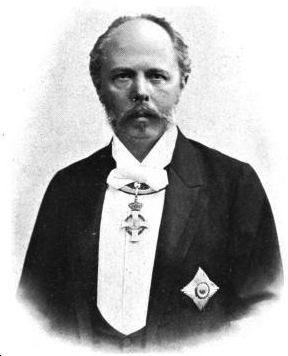
Ernst Edler von Schuch was an Austrian conductor. He became famous through his working collaborations with Richard Strauss at the Dresden Court Opera.

Leopold Fall was an Austrian Kapellmeister and composer of operettas.

Robert Elisabeth Stolz was an Austrian songwriter and conductor as well as a composer of operettas and film music.
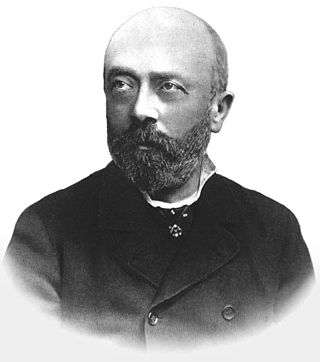
Felix Otto Dessoff was a German conductor and composer.

Josef Bayer was an Austrian composer and the director of the Austrian Court Ballet from 1883 until his death. He was born and died in Vienna.

Edmund Samuel Eysler, was an Austrian composer.
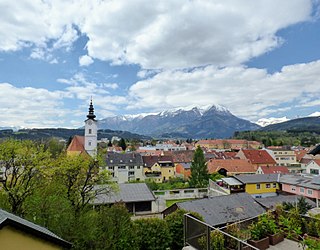
Trofaiach is a municipality in the Leoben district of the state of Styria in Austria, the site of a post World War II British sector displaced persons camp. On 1 January 2013, it was merged with the neighbouring municipalities of Hafning bei Trofaiach and Gai. The municipality had 11,003 inhabitants on 1 January 2023.

Heinrich Berté, born Heinrich Bettelheim was an Austria-Hungarian composer of operas and operettas.
Joseph Graetz was a German composer, organist, and music educator.
Josef Hopferwieser was an Austrian operatic tenor.
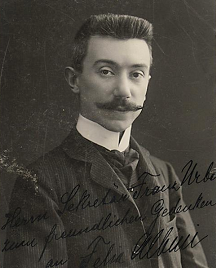
Srećko (Felix) Albini was a Croatian composer, conductor, and music publisher. He was primarily known for his operettas, some of which were adapted into English and performed in London and New York.

Johann Josef Gabriel Netzer was an Austrian conductor and composer of early Romanticism.
Guido Mancusi is an Austrian-Italian conductor and composer.
![Josef Forster; photograph by Joseph Albert [de] (1880s) Josef Forster (1838-1917) (c) Joseph Albert (1825-1886).jpg](http://upload.wikimedia.org/wikipedia/commons/thumb/d/de/Josef_Forster_%281838%E2%80%931917%29_%C2%A9_Joseph_Albert_%281825%E2%80%931886%29.jpg/200px-Josef_Forster_%281838%E2%80%931917%29_%C2%A9_Joseph_Albert_%281825%E2%80%931886%29.jpg)














